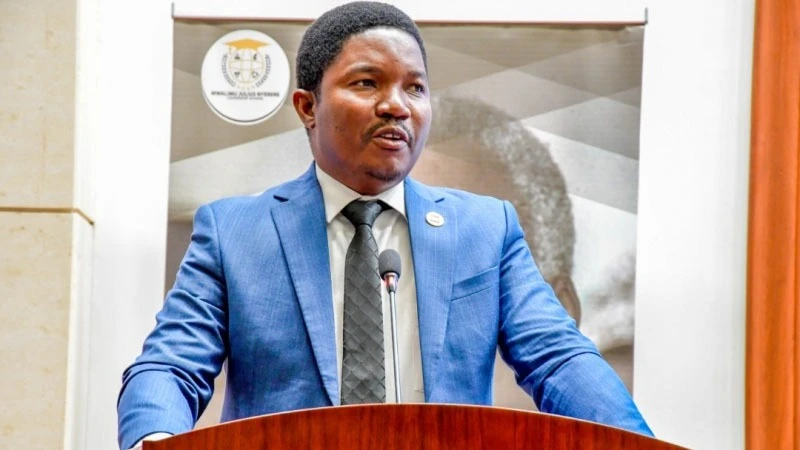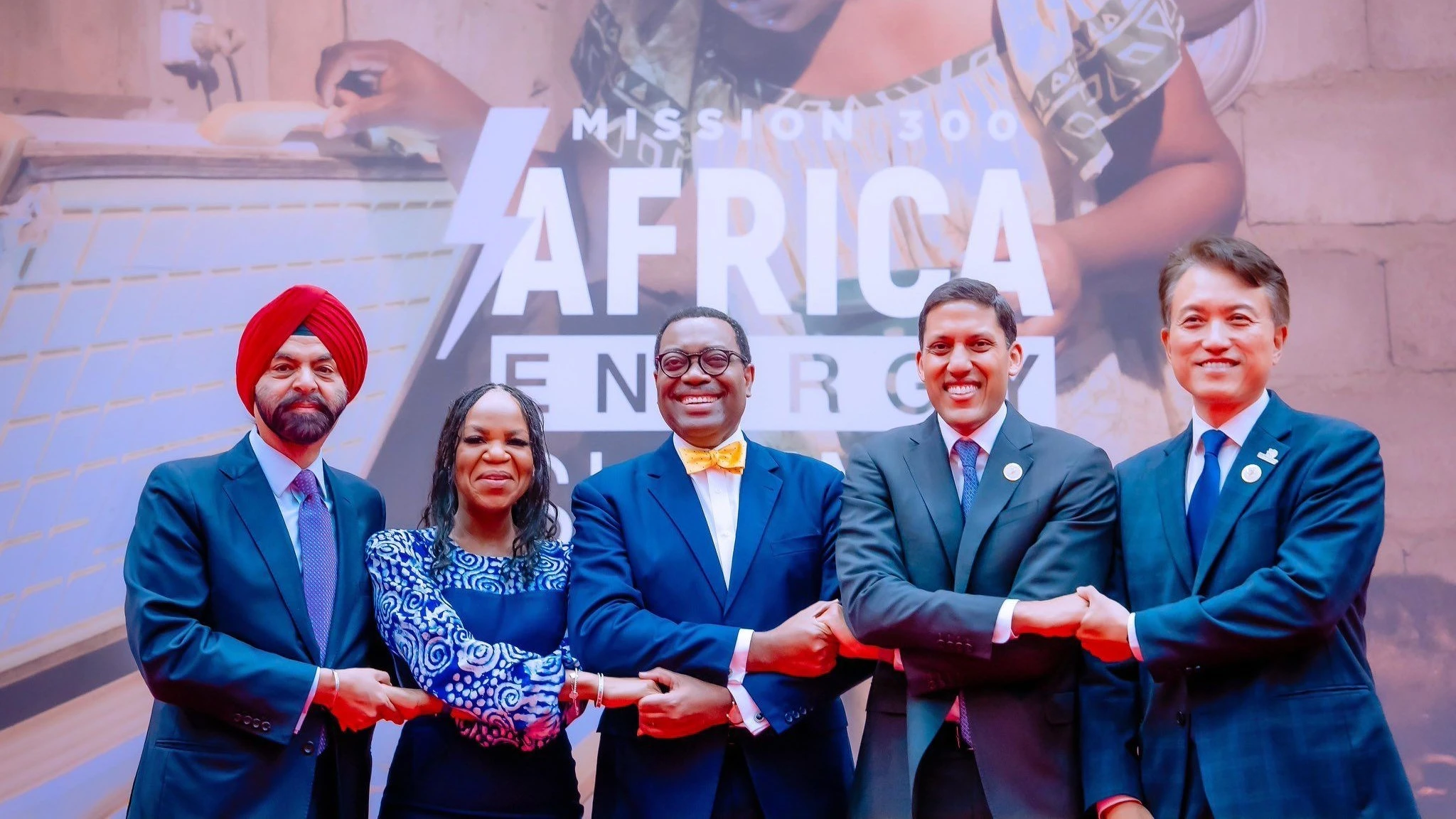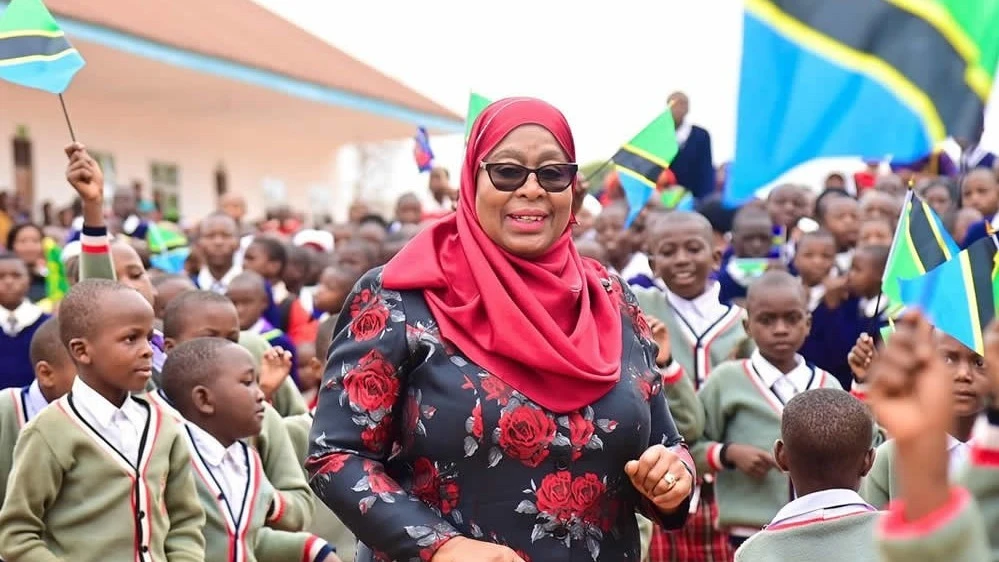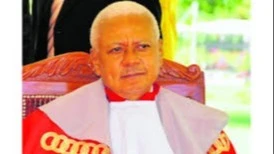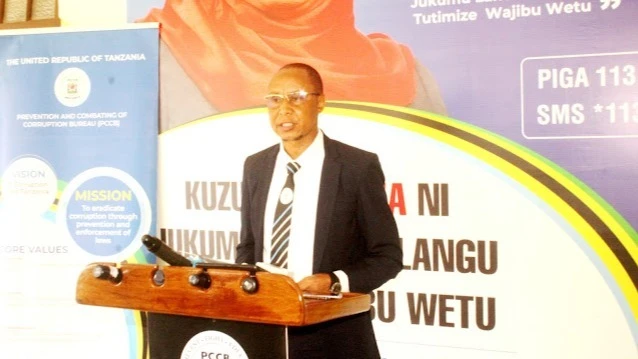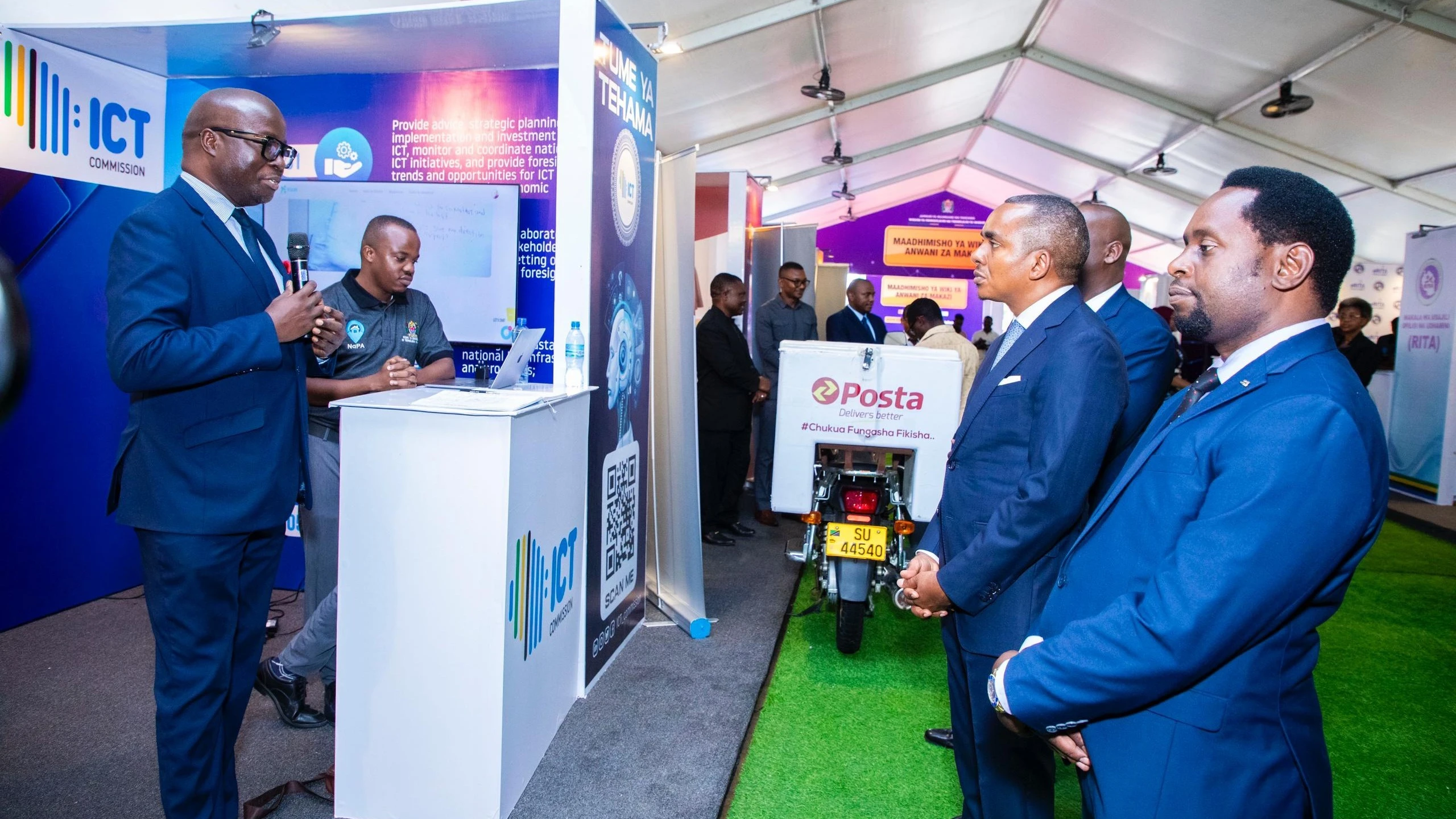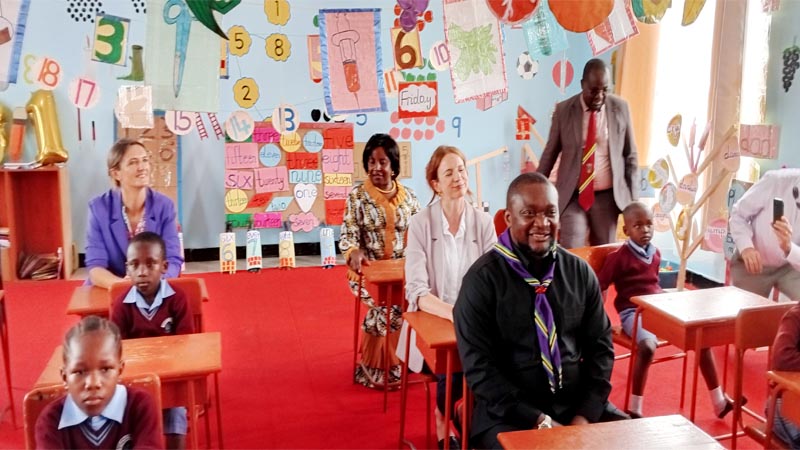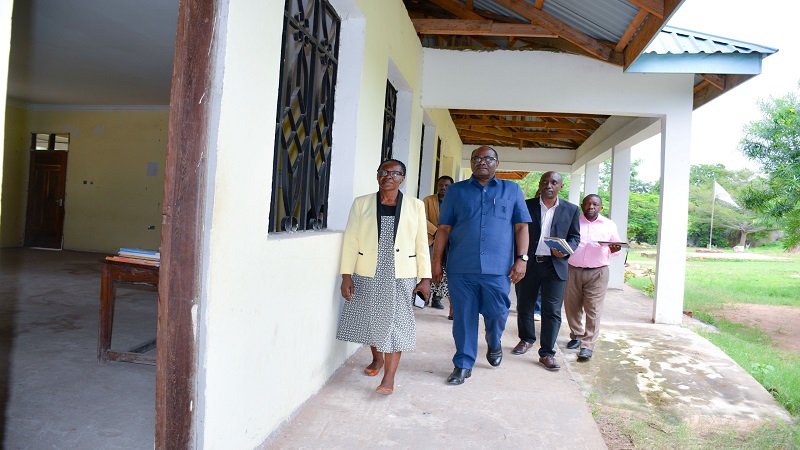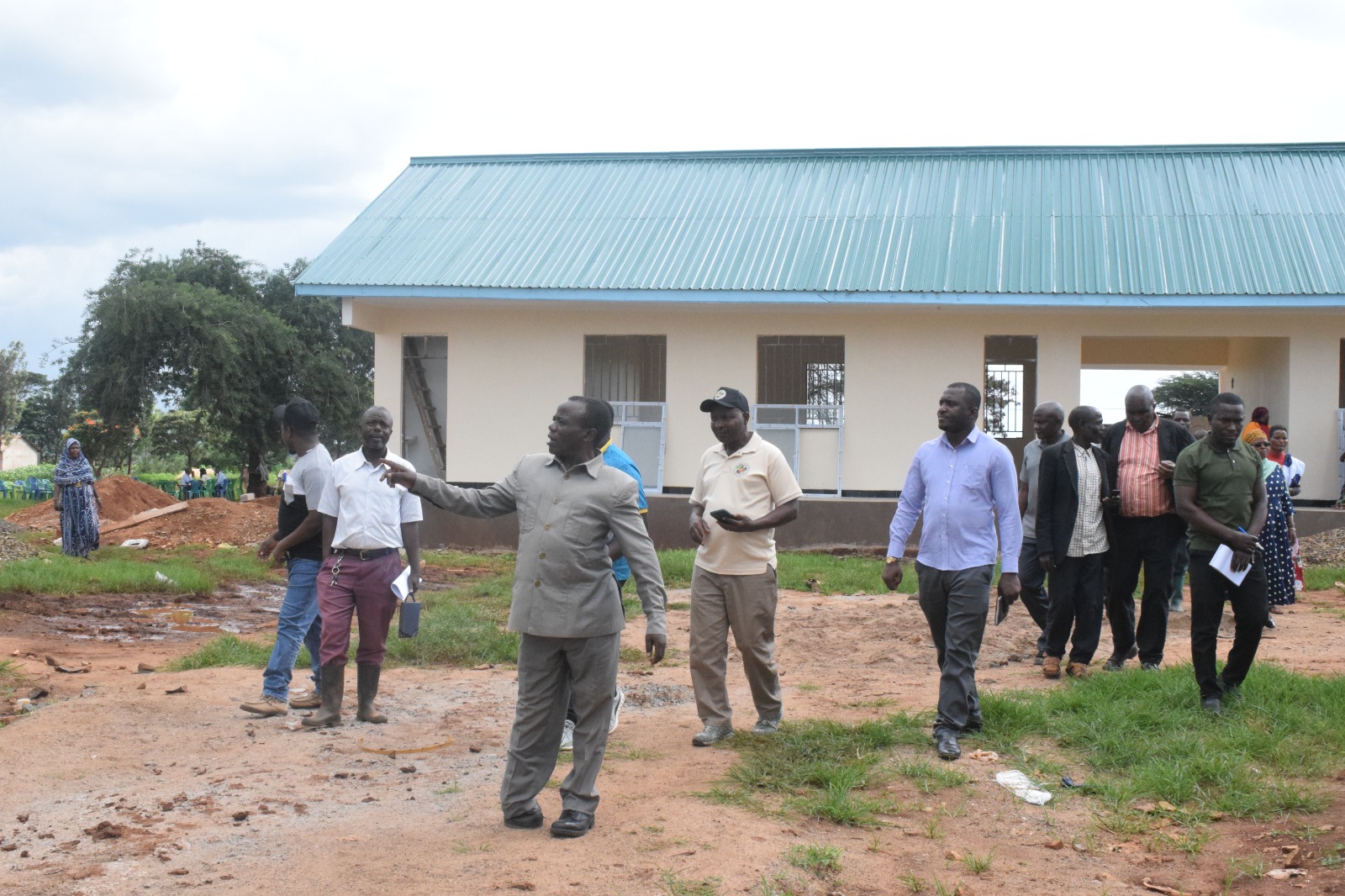Tanzania education reforms: The promise of a brighter future
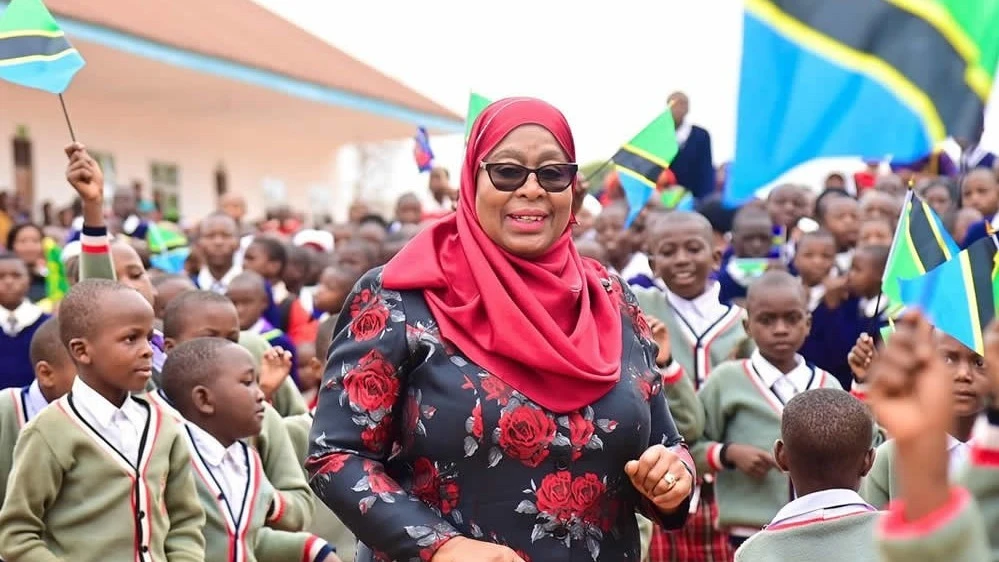
TANZANIA is ushering in a new era of education reform with the unveiling of the revised 2014 Education and Training Policy (2023 Edition) by President Samia Suluhu Hassan. This bold move signals a fresh commitment to overhauling a struggling system, tackling deep-rooted challenges, and redefining the future for millions of learners. The stakes are high, but so is the hope.
In a move poised to redefine learning, the policy extends compulsory education from seven to ten years, integrates Public-Private Partnerships (PPP), and places a renewed emphasis on vocational training and teacher welfare.
"Education is the most powerful weapon which you can use to change the world," Nelson Mandela once said, and Tanzania’s bold steps reflect this ethos. The new policy is not merely a bureaucratic adjustment—it’s a necessary pivot to address the evolving demands of an increasingly globalized and technology-driven world.
President Samia has emphasized that the review was prompted by rapid technological advancements, shifting labor market needs, and the growing importance of equipping young people with relevant skills.
Historically, education policies have mirrored the social, economic, and technological landscapes of their times. From the Industrial Revolution’s focus on standardized curricula to the 20th century’s push for equity and inclusion, reforms have always been a response to pressing needs.
Today, Tanzania’s efforts align with a broader global movement recognizing that traditional education models must evolve. Sir Ken Robinson, a world-renowned educationist, long advocated for systems that foster creativity and adaptability. "The fact is that given the challenges we face, education doesn’t need to be reformed—it needs to be transformed," he once remarked.
This is precisely what Tanzania is aiming for: an education system that does more than churn out graduates—it creates thinkers, innovators, and problem-solvers.
One of the most significant shifts in this policy is the extension of compulsory education. By requiring students to remain in school for ten years, the government acknowledges that many who completed primary school at 13 were ill-equipped for the workforce or self-employment.
The inclusion of technical and vocational training at an earlier stage is meant to bridge this gap, ensuring that education is not just theoretical but practical and aligned with job market realities.
Another groundbreaking move is the formal recognition of skills acquired outside the classroom. This acknowledges that learning is not confined to traditional education settings.
By integrating non-traditional learning pathways into the mainstream system, Tanzania is breaking away from rigid models that often overlook alternative talents and competencies.
Furthermore, entrepreneurship education will be compulsory from Form One to Form Four, reflecting a shift towards self-reliance and innovation in a world where traditional job markets are shrinking.
Language training is also being revamped to prepare students for global opportunities. With English, Chinese, French, and Arabic incorporated into the curriculum, Tanzania is positioning its youth to compete in international trade and diplomacy.
As Professor Sugata Mitra, a leading education researcher, has noted, "The best learning happens when learners have to create their understanding." The new language policy embodies this by giving students the tools to navigate an interconnected world.
Recognizing that teachers are at the heart of this transformation, the government is making their welfare a priority. From improved remuneration to better working conditions, Tanzania understands that no policy can succeed without motivated educators.
Policymakers worldwide have seen the impact of teacher-centered reforms. Finland, for example, transformed its education system by investing heavily in teacher training and autonomy, leading to consistently high performance in global assessments.
However, with transformation come challenges. The success of Tanzania’s education reform hinges on effective implementation, sufficient funding, and unwavering commitment.
Former President Jakaya Kikwete, who now chairs the Global Partnership for Education (GPE), announced that since 2013, the organization has contributed 518bn/- towards education projects in Tanzania. Negotiations are also underway for an additional USD 88.56 million, with an extra USD 50 million earmarked for further support.
Education stakeholders have welcomed the reforms with optimism. Vice President Dr. Philip Mpango has emphasized that aligning education with technological advancements will help bridge the skills gap, preventing the cycle of unemployment caused by mismatched qualifications. Speaker of Parliament Dr. Tulia Ackson has pledged legislative support to ensure smooth implementation, promising to amend any outdated laws that might hinder progress.
Tanzania’s bold steps echo successful models worldwide. Singapore, for instance, has invested heavily in science, technology, engineering, and mathematics (STEM) education, ensuring its students excel in science and technology, a move that has fueled the country’s economic rise.
Canada, on the other hand, has focused on inclusive education; ensuring students with disabilities are seamlessly integrated into mainstream classrooms. Both nations highlight the power of well-executed education policies in shaping a nation’s future.
In Zanzibar, preparations are in full swing to align vocational education with the new policy. Minister of Education and Vocational Training Leila Mohamed Musa confirmed that teacher training programs have commenced, underlining the government’s commitment to a smooth transition.
The shift towards skill-based learning is set to redefine how Tanzanian students engage with education, ensuring they are not just graduates but professionals equipped for the modern world.
Global education trends suggest that investing in skills-based learning is the key to future-proofing young generations. Harvard professor Tony Wagner has repeatedly argued that "The world doesn’t care what you know; it cares about what you can do with what you know."
This principle underscores the urgency of Tanzania’s reforms. The government is ensuring that students emerge from school not just with academic credentials but with skills that make them employable, entrepreneurial, and adaptable to evolving industry demands.
Moreover, by embracing PPPs, Tanzania is setting a precedent for sustainable educational investment. Countries like Germany have long benefited from strong government-private sector collaboration in education, particularly through vocational training programs that seamlessly integrate young people into the workforce.
This model has resulted in one of the lowest youth unemployment rates in Europe and serves as an inspiration for Tanzania’s vision. Nonetheless, experts warn that successful implementation will require more than just policy revisions.
Dr. Andreas Schleicher, Director for Education and Skills at the OECD, notes that "Successful education reform is not just about changing policies but about building trust, engaging teachers, and ensuring long-term commitment."
This means Tanzania must not only secure funding and legislative backing but also ensure that teachers, students, and communities fully embrace and support the new framework.
Nevertheless, Tanzania’s teachers, especially in public institutions face dire conditions—low wages, overcrowded classrooms, scarce teaching materials, and delayed salaries. Many are demoralized, overworked, and forced to take side jobs to survive. Without improving their welfare, even the best reforms risk failing before they begin.
As the nation moves forward, it must remain vigilant in measuring the impact of these reforms. Regular assessments, teacher feedback mechanisms, and continued engagement with stakeholders will be critical to ensuring the policy achieves its intended goals.
The ultimate test of success will be the readiness of Tanzania’s youth to step confidently into the future, equipped with the knowledge, skills, and resilience required to thrive in a rapidly changing world.
As Tanzania embarks on this ambitious journey, one thing is clear: education is no longer about memorization and rigid structures—it’s about adaptability, skills, and preparing for the future. The world is watching as the country sets an example in education reform, proving that when policy meets vision, the future is bright.
Top Headlines
© 2025 IPPMEDIA.COM. ALL RIGHTS RESERVED











